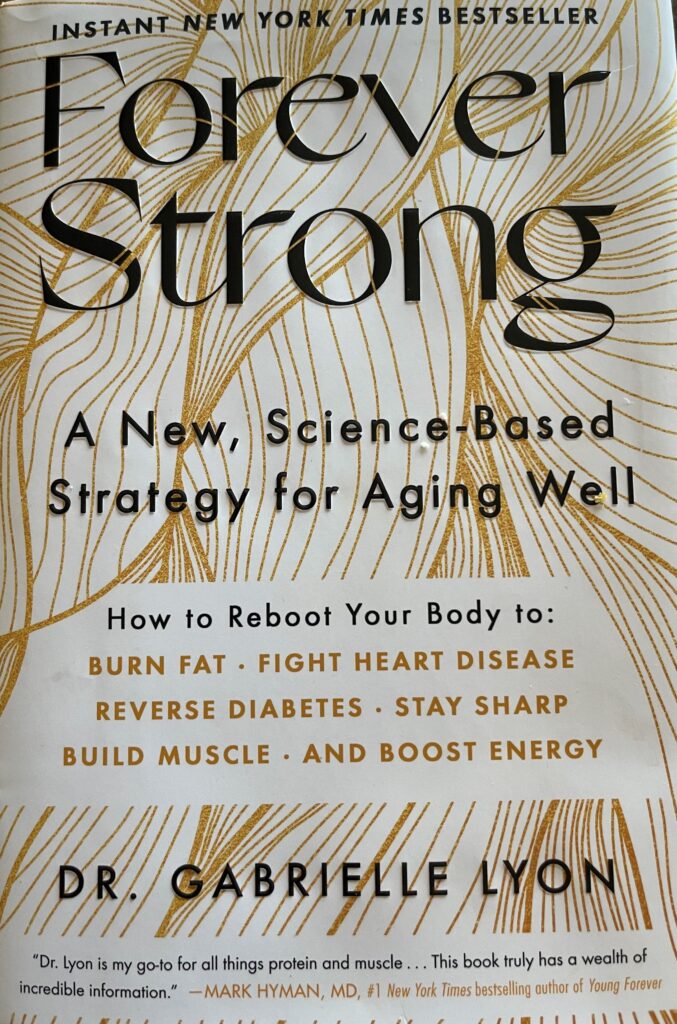When most people think about weight management, the focus often turns to losing weight.
From diet trends to fitness fads, the prevailing message is clear: lighter is better.
But what if we told you that focusing solely on weight loss might be missing the point?
Instead, the key to true health and vitality could lie in what you gain, not what you lose—specifically, muscle.
Save
The Misleading Nature of BMI
For decades, the Body Mass Index (BMI) has been the go-to metric for determining whether someone is underweight, normal weight, overweight, or obese.
It’s a simple calculation based on height and weight, but simplicity isn’t always a good thing. BMI fails to account for one crucial factor: body composition.
Imagine two people of the same height and weight. According to BMI, they’d both fall into the same category.
However, one might have a high percentage of muscle, while the other carries more body fat. Despite having identical BMIs, their health profiles could be vastly different.
Muscle is denser than fat and metabolically active, meaning it burns more calories at rest and contributes to overall health in ways fat does not.

Why Building Muscle Is Essential
Improved Metabolism: Muscle tissue is more metabolically active than fat, meaning it burns more calories even when you’re at rest. By increasing your muscle mass, you can boost your metabolism and support long-term weight management without resorting to extreme diets or endless cardio.
Enhanced Strength and Functionality: Muscle isn’t just about aesthetics; it’s about function. Strong muscles support your joints, improve balance, and enhance your ability to perform daily tasks with ease. As we age, maintaining muscle mass becomes even more critical in preventing falls and preserving independence.
Better Body Composition: When you focus on building muscle, your body composition improves. You might not see a drastic drop in the number on the scale, but your body fat percentage will decrease, and you’ll notice changes in how your clothes fit and how you feel.
Long-Term Health Benefits: Muscle mass is linked to better outcomes for a variety of health conditions, from heart disease to diabetes. Strong muscles help regulate blood sugar levels, support cardiovascular health, and even boost immune function.
Forever Strong: A New, Science-Based Strategy for Aging Well
Learn how to reboot your metabolism, build strength, and extend your life with this accessible new guidebook that demonstrates the importance of muscle for health and longevity from the founder of the Institute for Muscle-Centric Medicine®.
After years of watching patients cycle through her practice, Dr. Gabrielle Lyon noticed a pattern. While her patients struggled with a wide range of conditions, they all suffered from the same core problem: they had too little muscle rather than too much fat.
When we think about muscle, we tend to think about strength or aesthetics, but in reality, muscle accounts for so much more than that.

As the body’s largest endocrine organ, muscle actually determines everything about the trajectory of health and aging.
Many of the conditions Dr. Lyon’s patients were experiencing were actually symptoms of underdeveloped or unhealthy muscle.
Now, Dr. Lyon offers an easy-to-follow food, fitness, and self-care program anchored in evidence and pioneering research that teaches you how to optimize muscle—no matter your age or health background.
Discover how to overcome everything from obesity to autoimmune disorders and avoid diseases like Alzheimer’s, hypertension, and diabetes by following Dr. Lyon’s powerful new approach to becoming forever strong.





























